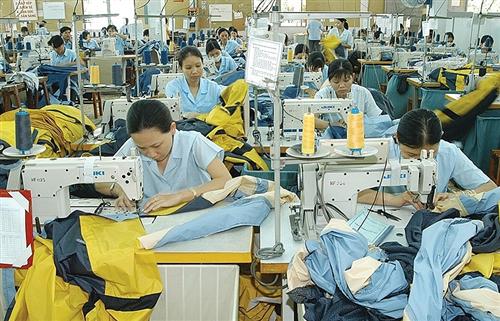Online shopping a ‘habit’ now for Vietnamese, says report
Online shopping a ‘habit’ now for Vietnamese, says report
With foreign and local e-commerce players pouring money in Vietnam for years, online shopping has finally become a habit, a report says.

A person makes online purchases using a credit card. Photo by Shutterstock/88studio.
|
Vietnam’s rate of direct access to e-commerce websites and apps was 45 percent last year, much higher than the world average of 27 percent, according to a report by Malaysian market research firm iPrice.
This is the most popular source of traffic for e-commerce services in the country, followed by 37 percent from search and 7 percent from social media, it said.
E-commerce is among the industries with the highest number of followers on social media, attracting millions of discussions every month, it said.
"Shopping on e-commerce marketplaces has now become a reflex for Vietnamese consumers."
Last year the country saw five major players race to add users.
Singapore-based Shopee finished the year on top with 33.59 million web visits a month followed by three Vietnamese players, Mobile World, Sendo and Tiki. Another Singapore-based player, Lazada, part-owned by Alibaba, was in fifth place.
Shopee continued to dominate the media by inviting Portuguese football star Cristiano Ronaldo to promote it.
It also partnered with Grab to deliver certain products within one hour, and recently introduced the Shopee Feed feature, which is similar to a social media interface enabling users to interact with friends and sellers.
Tiki promotes its brand through music videos. The company also poured big bucks in improving its warehouse system to deliver products faster.
Lazada focused on entertainment activities such as game shows and music festivals to attract customers, resulting in a 28 percent growth in web visits during the year, the highest rate among the top players.
The crowded market also saw players exiting. At least four e-commerce players quit last year, including Adayroi belonging to conglomerate Vingroup and South Korea’s Lotte.
The iPrice report said e-commerce players would need to continue to offer realistic value to retain customers and reduce dependence on discounts to be profitable in the long run.
Vietnam’s internet economy was valued at an estimated $12 billion last year after growing at 38 percent annually since 2015, and is expected to surge to $43 billion by 2025, according to the "e-Conomy Southeast Asia report 2019" by Google.























